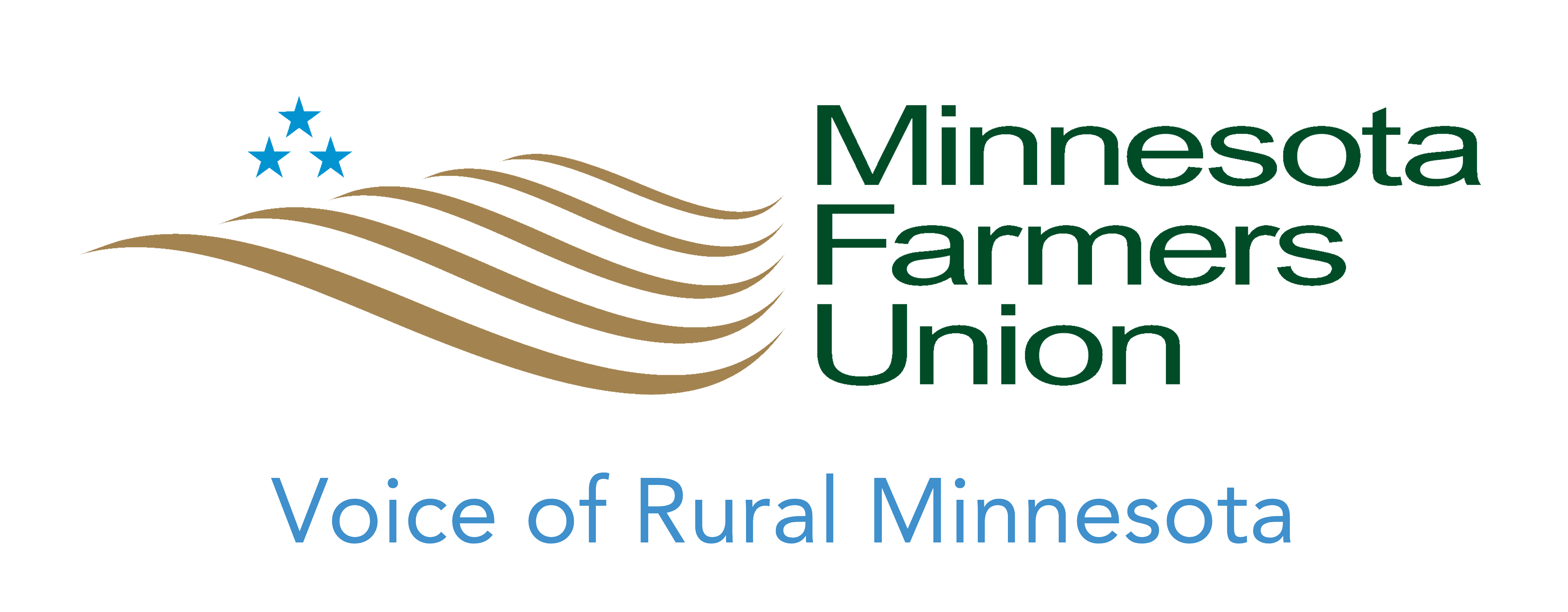Legislative Update: Lawmakers break with six weeks to go this session

April 5 marked the start of legislative break, with lawmakers leaving St. Paul for a long weekend. After session reconvenes next Tuesday, just six weeks remain in the state legislative session. Lawmakers’ focus will be on crafting the various omnibus bills that make up the state budget for the next two years. For MFU’s part, we’ve been maintaining a presence at the capitol and working hard to ensure that MFU’s priorities are reflected in a final deal.
Unlike the federal government, Minnesota’s constitution requires the legislature to pass a balanced budget every two years. This legislative session’s constitutional adjournment date is May 22, but the drop-dead deadline for a budget is the end of this fiscal year on June 30. That’s when funding runs out and the state begins to shut down non-essential services (like state parks ahead of the July 4 holiday!).
Luckily, there’s no indication that lawmakers disagreements will result in a significant impasse. Legislative leaders agreed to joint committee targets that reflect a joint agreement between Gov. Tim Walz, Speaker of the House Melissa Hortman, DFL-Brooklyn Park, and Majority Leader Kari Dziedzic, DFL-Minneapolis, and define the final amount each committee—including agriculture—is able to spend. This will make a final deal easier to reach.
For nearly all jurisdictions, we have the House and Senate proposals for how chairs would like to spend their targets. I wrote about the Senate’s proposal, championed by Chair Aric Putnam, DFL-St. Cloud, in last week’s e-news. You can also view our written comments to the committee here. Importantly, both agriculture bills establish a grain indemnity fund, invest significantly in meat processing, support beginning and emerging farmers, fund cooperative development grants at MDA and align with other MFU priorities.
In Chair Samantha Vang’s, DFL-Brooklyn Center, proposal, there are different policy proposals including a restructure of the Board of Animal Health (BAH). The proposal would expand the board’s membership to 11 and remove the requirement that members be livestock producers or licensed veterinarians, which has led MFU to share concerns that this could lead to decisions that aren’t informed by knowledge of current science or management practices.
Of course, this is top-of-mind leading into a week where the first case of High Path Avian Influenza (HPAI) was discovered in a backyard flock in southern Minnesota. The Board asks that large and small poultry producers implement biosecurity measures to mitigate the spread of this disease and report any symptoms to their veterinarian.
Before near unanimous passage of the Senate omnibus package, Ranking Member Torrey Westrom, R-Elbow Lake, asked Putnam about his view on policy proposals included in the House. Putnam shared that he didn’t opt to hear these proposals and that his first question to anyone implementing policy proposals has been “how many farmers have you talked to?”
On healthcare, the proposal MFU has long supported to establish a MinnesotaCare public option was included in omnibus bills moving forward in both the House and Senate. In the House, the proposal—which would also allow small businesses to ‘buy-in’ to coverage for their employees—has been included Chair Tina Liebling’s, DFL-Rochester, omnibus health and human services package.
“[Expanding] MinnesotaCare with a public option would provide important and needed relief to farmers and others who are too often priced out of coverage on the private market,” said MFU President Gary Wertish in written remarks to the committee. “Not only that, but I’ve heard from farmer members who hire employees and feel like they could better compete with other employers for qualified workers if there were better options for health coverage.”
Chair Liebling’s broader proposal also includes proposals to strengthen the state’s oversight of hospital mergers, remove pharmacy benefit managers (PBMs) from MinnesotaCare and Medical Assistance, and establish a new commission to set targets for lowering healthcare costs.
In the Senate, Chair Melissa Wicklund, DFL-Bloomington, proposed a more limited proposal in an omnibus aimed specifically at healthcare affordability. Her proposal would expand MinnesotaCare with an individual public option—though it does provide room for agencies to back out of that plan—but declines to create a small business buy-in. You can read her full proposal here.
The proposal MFU is supporting to establish a Prescription Drug Affordability Board (PDAB) is included in the commerce committee proposals. You can watch Sen. Alice Mann, DFL-Edina, reference MFU Executive Committee member Linda Larson’s strong testimony as she calls out the hypocrisy of pharmaceutical companies who are fighting this proposal.
On competition policy, both the House and Senate have approved strong budgets for Attorney General Keith Ellison’s office to hire more antitrust attorneys and strengthen oversight. Both House and Senate bills include a $25 million increase over the biennium and nearly $10 million in one-time funding.
MFU is also helping to advance legislation to strengthen oversight of hospital mergers, which was included in House and Senate omnibus health and human services bills. In his letter to the committee, Wertish lays out how consolidation increases prices and erodes consumer choice.
“Rural Minnesota has been heavily impacted by this consolidation as it has one of the most highly concentrated hospital markets in the entire country,” he said in his letter to lawmakers. “A 2019 study in Health Affairs found that highly concentrated hospital markets lead to higher health insurance costs on the individual market, which disproportionately impacts independent business owners like family farmers. In addition to higher costs, hospital concentration leads to closed hospitals or reduced services. Hospital systems are also increasingly buying up independent physician practices, which further erodes the choices patients have.”
Finally, MFU is working to defend the House position on Right to Repair after the Senate opted to strip agricultural and other off-road equipment from their proposal. Colorado is set to be the first in the nation to pass Right to Repair for agriculture equipment after they did the same for electric wheelchairs last year. This could help build momentum for MFU’s position.
As always, this is just a snapshot of MFU’s work. If you have questions, thoughts, or concerns, please reach out to Stu at stu@mfu.org or (320) 232-3047 (C).
